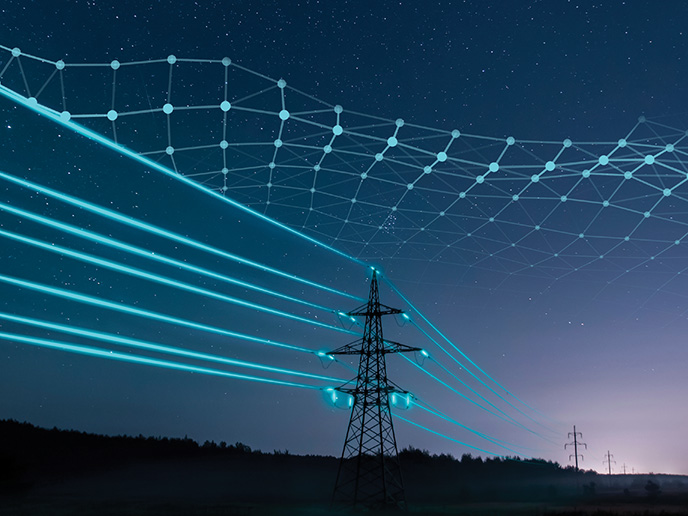Digitalisation of the energy system: The green, resilient, secure and affordable energy system of tomorrow is digital
The goal of becoming the world’s first climate-neutral continent and the announcement that the 2020s will be the digital decade are two of the European Commission’s ambitious priorities for the coming years. To reach the first goal, we need to accelerate the clean energy transition by speeding up the switch to renewables and hydrogen. We also need to become more energy efficient and reduce our dependency on imports. This ambition is reflected in the March 2022 Joint European Action for more affordable, secure and sustainable energy, REPowerEU.
Combining the green and digital energy transitions
The digital transformation helps decarbonise our energy supply, addressing our reliance on fossil fuels and promoting the uptake and integration of renewables in our energy system, while increasing its resilience. At the same time, digitalisation will generate jobs, open new opportunities for European businesses and encourage the development of secure technology. Finally, it provides tools that enable citizens, prosumers and communities to play an active role in the energy market. This digitalisation is already under way, with many EU policies targeting specific areas of innovation, such as provisions for efficient and secure data exchange, as well as measures for the deployment of smart meters. Building on existing policies, the European Commission’s action plan will lay the groundwork for building an integrated energy system that can support the growing interconnectedness of the market and enable digital and energy value chains to work more closely together. This CORDIS Results Pack explores the results of EU-funded research projects that address five areas that are key for energy and digitalisation.
EU research in 5 key areas of focus
Area 1: Developing a European data-sharing infrastructure for new energy services. The INTERRFACE, CoordiNet, Sharing Cities and INTERCONNECT projects support the development of a European digital data infrastructure to facilitate data exchange both at appliance level as well as among different players along the entire energy value chain. Area 2: Empowering citizens by developing tools to support their participation in the energy market. This means designing a data-driven energy services market that has consumers’ benefits and rights at its core, and developing and implementing reskilling and upskilling pathways and ‘digital energy literacy’. The DRIMPAC and COMPILE projects both focus on the citizen’s role in the digitalised energy market. Area 3: Enhancing the uptake of digital technologies in the energy sector, and promoting the market uptake of investments in research and innovation. The ROMEO project has developed a solution for structural health monitoring of wind turbines using big data, machine learning and cloud-based analytics, while EdgeFLEX is working on an advanced energy aggregator for virtual power plants. Area 4: Enhancing the cybersecurity of the energy sector to meet real-time requirements. The SerIoT project delivered an intelligent solution to ensure IoT networks safely continue business as usual regardless of network conditions; EnergyShield developed a toolkit to support electrical power and energy system operators in the fight against sophisticated cyberattacks and data breaches. Area 5: Promoting climate neutrality actions for the IT sector. This includes prioritising energy-efficient solutions and the use of renewables in all stages of the digital value chain, while supporting the deployment of sustainable products and services. The BodenTypeDC project built a data centre to address the need for innovative and more energy-efficient solutions in the data centres industry.

